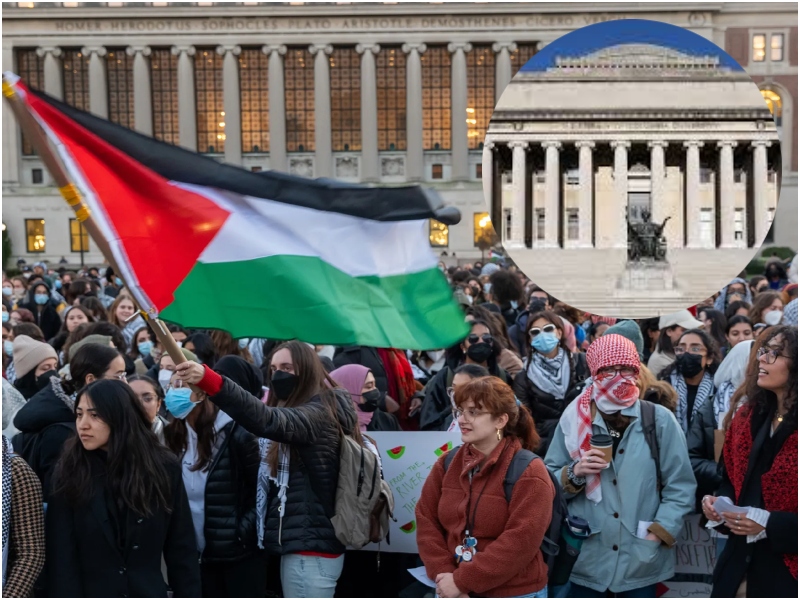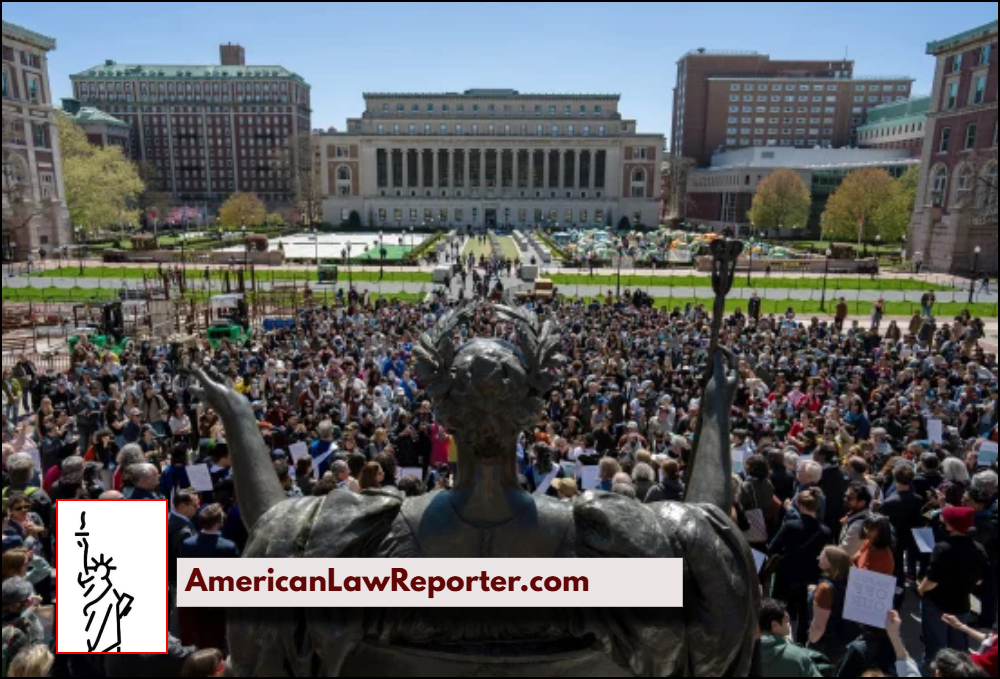Columbia University has agreed to pay $221 million in fines and settlements to the Trump administration, resolving multiple investigations—chief among them, a Title VI Civil Rights probe into allegations that the university failed to adequately address antisemitism on its campus.
The settlement, announced Wednesday, July 23, has far-reaching legal implications for higher education institutions across the U.S., particularly as federal scrutiny of diversity, equity, and inclusion (DEI) programs intensifies under the Trump-aligned Department of Justice. It also reinstates Columbia’s eligibility for over $1.3 billion in federal research funding, much of which had been previously frozen.

Why the Settlement Matters
The resolution marks one of the largest settlements ever paid by a university in connection with a federal civil rights enforcement action. While Columbia admits no wrongdoing, it has agreed to overhaul various policies, from antisemitism response mechanisms to hiring and admissions criteria, in ways that legal analysts say reflect increasing federal pressure on academic institutions to scale back race-conscious initiatives.
“This is a pivotal moment in the legal landscape of higher education,” said a civil rights attorney familiar with the case. “Columbia’s deal signals that the federal government is willing to leverage massive funding threats to influence university governance, even without a formal finding of discrimination.”
Key Legal and Policy Provisions:
1. Financial Breakdown:
- $200 million civil penalty over three years.
- $21 million to resolve a separate EEOC investigation into religious discrimination in workplace practices.
2. Compliance Terms:
Columbia must implement or enhance the following:
- University-wide antisemitism training.
- Appointment of antisemitism coordinators and student liaisons.
- Revision of antidiscrimination policies to include the IHRA’s definition of antisemitism.
- Joint faculty appointments involving the Institute for Israel and Jewish Studies and departments such as economics and political science.
3. DEI and Admissions Commitments:
Columbia has agreed not to:
- Use race, color, sex, or national origin in hiring across any school or department.
- Prefer applicants in admissions based on race or ethnicity, except as permitted by law.
- Maintain DEI programs that promote “unlawful race-based outcomes or diversity quotas.”
4. Academic Freedom vs. Federal Oversight:
While Columbia insists that “the federal government will not dictate what we teach, who teaches, or which students we admit,” critics like Todd Wolfson, President of the American Association of University Professors, warn that the agreement sets a dangerous precedent for federal encroachment on academic independence.
The Road to Settlement
The investigations began under the Trump administration and gained traction after heightened reports of antisemitic incidents during pro-Palestinian campus protests. Though Columbia contested the legal basis of the Title VI allegations, Acting President Claire Shipman acknowledged “painful and unacceptable incidents” involving Jewish students and faculty.
“The agreement ensures critical continuity for faculty, students, and staff across every discipline,” Shipman said, explaining that the restored funding would reactivate crucial research programs previously paused by the NIH and other federal agencies.
Implications for the Legal and Academic Community
Legal scholars say the $221 million settlement could trigger a wave of federal oversight across the higher education sector, especially as political tensions escalate around free speech, DEI programs, and campus activism. The agreement also grants the Department of Justice a built-in dispute resolution mechanism, including an independent resolution monitor and a formal arbitration process.
“This is not just about Columbia,” said a compliance consultant for public universities. “It’s about how higher education will navigate federal civil rights enforcement in a polarized climate—and what institutions must now do to retain public trust and funding.”
What Happens Next
Columbia must begin implementing its compliance measures immediately, with oversight expected to continue for several years. Meanwhile, other elite universities are bracing for potential federal probes, especially in light of ongoing national debates about race, religion, and free speech on campus.
The case may also have implications for future litigation under Title VI, particularly regarding religious discrimination, which legal experts argue is a growing area of civil rights enforcement.
Columbia’s historic settlement reflects a transformative legal moment for U.S. higher education, raising complex questions about how institutions balance academic freedom, anti-discrimination mandates, and federal funding requirements in an increasingly scrutinized political and legal environment.

